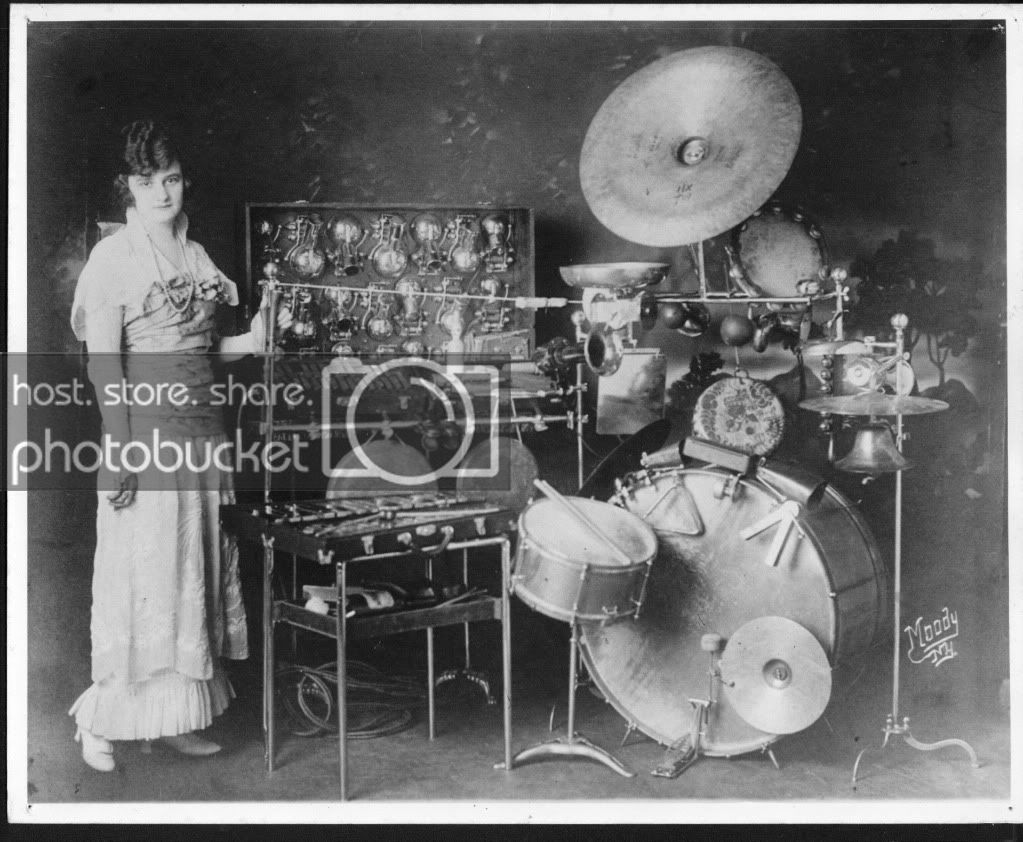Do I think that Avatar is the best film ever made? No.
Do I think that Avatar is a bad film? No.
Am I surprised that it made more money than Annie Hall? No.
Am I surprised it made more money than The Avengers? Slightly.
Do I think The Avengers is a better film than Avatar? No.
I really am not an Avatar detractor. I don't think it's even close to the best film ever made though, and that's why I think it's legitimate to explore how it made so much money. Being a good film can't simply be it because, let's face it, for 99% of us it's not the best film ever made yet for 100% of us it's the highest grossing film.
And I think it's perfectly easy to separate the film from the technology. I appreciate that you might want to see Transformers 3 if you're interested in special effects and 3D technology, but no one in their right mind goes to see that because it's 'a good film'. Any film that, technologically speaking, does something new and original is, inevitably, going to find an audience, regardless of whether the film itself is good or not.
Do I think that Avatar is a bad film? No.
Am I surprised that it made more money than Annie Hall? No.
Am I surprised it made more money than The Avengers? Slightly.
Do I think The Avengers is a better film than Avatar? No.
I really am not an Avatar detractor. I don't think it's even close to the best film ever made though, and that's why I think it's legitimate to explore how it made so much money. Being a good film can't simply be it because, let's face it, for 99% of us it's not the best film ever made yet for 100% of us it's the highest grossing film.
And I think it's perfectly easy to separate the film from the technology. I appreciate that you might want to see Transformers 3 if you're interested in special effects and 3D technology, but no one in their right mind goes to see that because it's 'a good film'. Any film that, technologically speaking, does something new and original is, inevitably, going to find an audience, regardless of whether the film itself is good or not.




 Definitely! To the point where it's work rather than entertaining diversion.
Definitely! To the point where it's work rather than entertaining diversion. 



